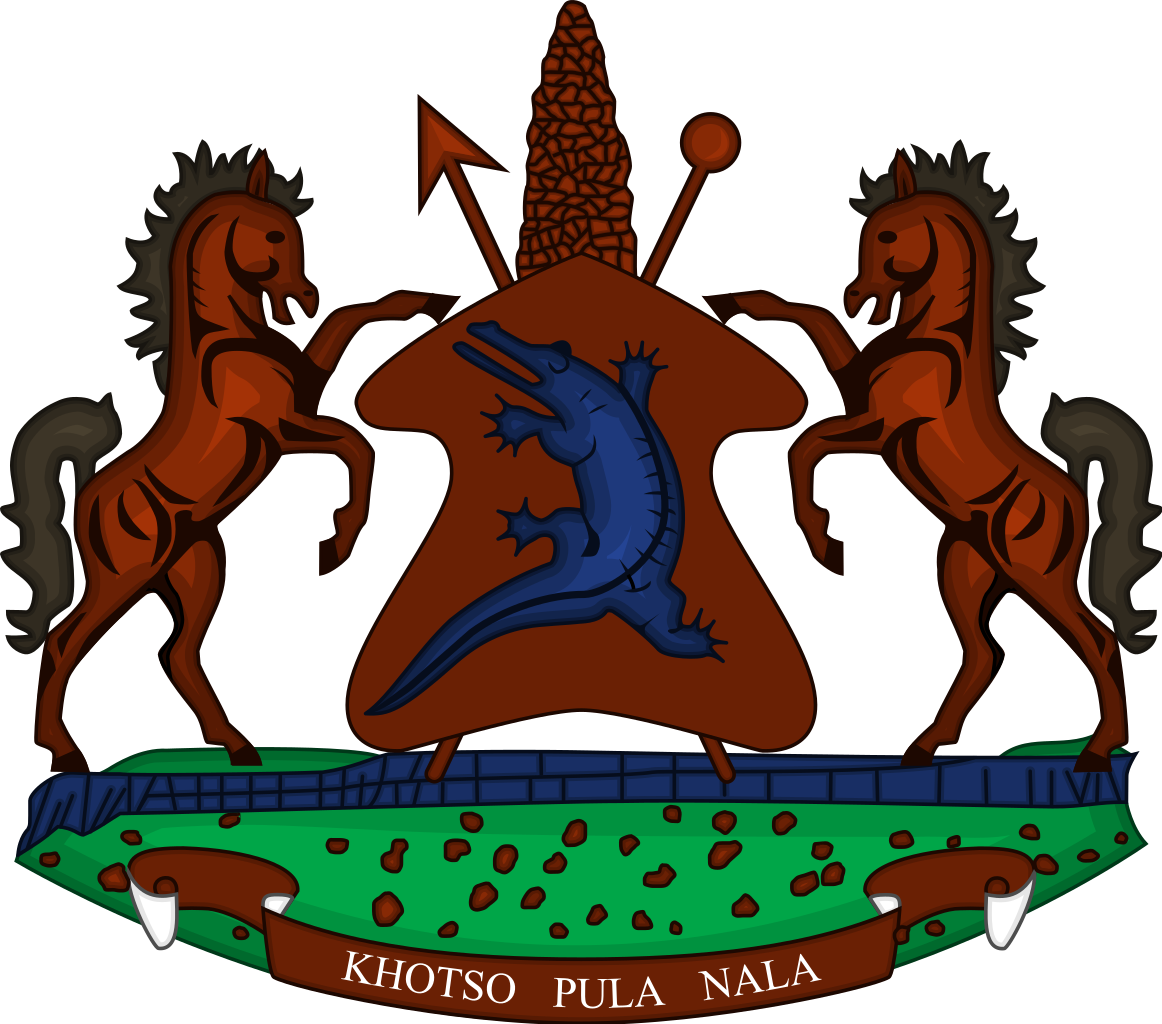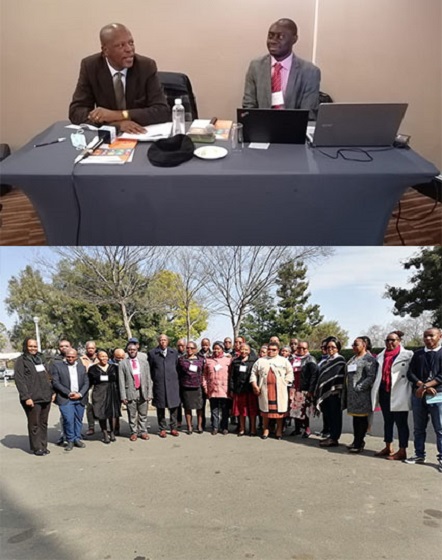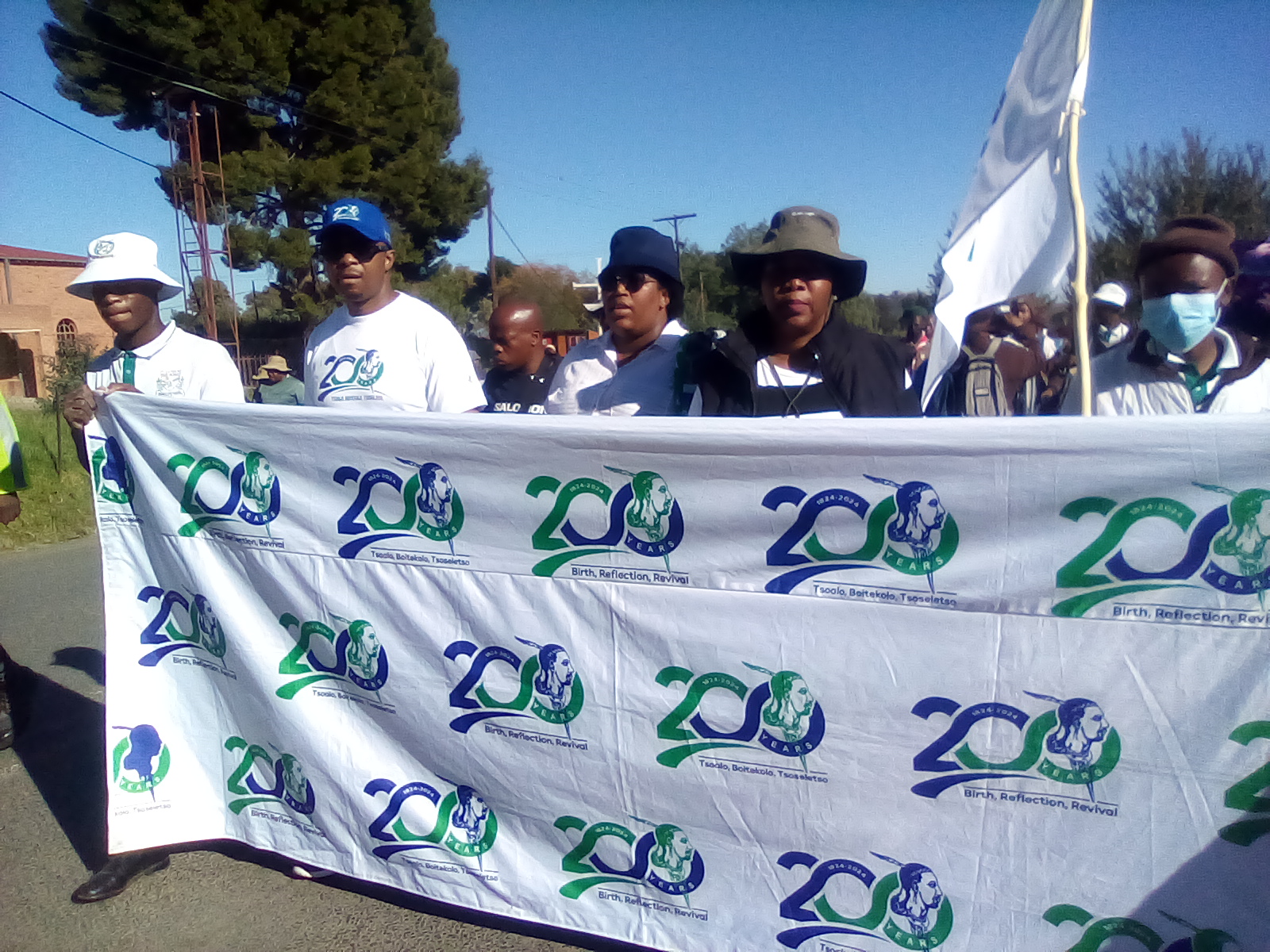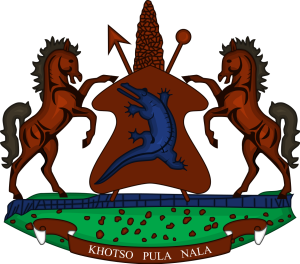To achieve Sustainable Development Goals (SDGs) in the last decade, especially goal 11 of the SDGs, the Ministry of Local Government and Chieftainship in collaboration with the United Nations Habitat implemented the New Urban Agenda project.
Speaking during the official closing of the four-day workshop on Data Assessment and Collection for Implementation of the New Urban Agenda for Maseru City, the Principal Secretary of the Ministry of Local Government and Chieftainship, Mr. Lefu Manyokole congratulated stakeholders who participated in these deliberations, saying this project aims to strengthen the capacity of Maseru City to produce informed evidence-based policy decisions.
“The result of this project has an enormous impact because it offers Local Government and other ministries and government bodies the opportunity to showcase their capacity in the planning and statistics to leverage global frameworks and tools to build city networks or urban statistical correspondents that will increase the exchange of data and information between cities and allow Maseru City to share the experiences in information management,” he said.
Mr. Manyokole outlined that data collection and assessment deliberations have provided the necessary knowledge and baseline estimates that will assist in the way forward on co-production and co-creation of the city statistics to enhance the role of data for generating informed evidence to action with the alignment of the SDGs goals.
He said there is no need to re-invest the wheel but use the structures that are already in place to ensure that data is generated at the Maseru City level to ensure that no one is left behind.
He stressed that it is through the localisation of global frameworks of SDGs, NUA and the UMF that Lesotho can use these guidelines and tolls to strengthen data producer capacity on the localisation of the New Urban Agenda also to implement the localisation of the NUA and SDGs.
“I believe through this exercise, the participants were able to conduct an assessment on the city data collection and use including the role of local institutions in collecting and providing data,” he said.
Mr. Manyokole noted that according to UN-Habitat urban indicators programme, over 60 percent of local authorities recognise that they do not have the appropriate capacity, means and tools to understand urban dynamics and challenges with accurate data and information, saying as the government continues on a rapid trend towards increased decentralisation and localised decision making there is a need for local monitoring systems that can track the progress and setbacks.
In conclusion, he said to address the fundamental, cross-cutting, complexity and need for Maseru City to produce and utilise timely, reliable, accurate and disaggregated data, the Ministry of Local Government is undertaking several initiatives that include among others: advocating for the integration of the inter-sectoral interventions and working together with the entire data ecosystems to create sustainable urban monitoring systems in support of the local planning and management of processes linking data to policies.
On the same note, the UN-Habitat Head of Data and Analysis in the Knowledge and Innovation Branch, Dr Robert Ndugwa said their main interest is in compiling data, developing new methodologies, and assessing progress toward international goals also enhancing data dissemination, building capacity and publications.
Dr Ndugwa said compiling data maintains a series of global databases for tracking urbanisation trends globally across a spectrum of sectors, adding that publications of data are used for diversity planning and monitoring purposes.
He further mentioned that UN-Habitat supports the monitoring of four indicators in two goals; SDG 1 and SDG 6 as well as being the custodian agency for nine out of 15 SDGs.
He noted that through these deliberations the participants have learned the importance of data collection and publication as it promotes effective planning of Maseru City.
Also Speaking, the UN-Habitat Coordinator in Urban Monitoring Framework, Ms. Wadia Riunga said SDG 11 aims at making cities and human settlements safe, inclusive resilient and sustainable which also affirms their importance for the attainment of sustainable development.
Ms Riunga said UMF should be able to assist cities in tracking how they are progressing in their efforts to meet SDGs goals, adding that UMF harmonises existing urban indexes, and tools and offers a universal framework that will be used to measure the urban SDGs.
The New Urban Agenda (NUA) was adopted at the United Nations Conference on Housing and Sustainable Urban Development (Habitat III) in Quito, Ecuador, on 20 October 2016. The NUA represents a shared vision for a better and more sustainable future. It provides guidance on how well-planned and well-managed urbanisation can be a transformative force for sustainable development for both developing and developed countries, to accelerate toward the Sustainable Development Goals (SDGs).
By Staff Reporter: Noliwe Velaphe





